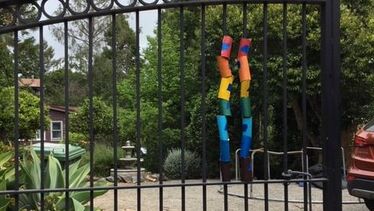
Take heart--this phenomenon is documented. Studies of astronauts in space or people living at Antarctic research stations show that about three-quarters of the way through their phase of isolated living, people go through a slump. So, think of yourself as an astronaut. Expect crabby feelings, interpersonal tension, sluggishness. Be kind to yourself. As well as to your kids--remember, it's not the fight that's the issue, it's how you make up.
The good news is, those researchers and astronauts, once it's over, look back on it as a positive experience that taught them what they value. They tend to be less insular, more conscious of the worth of personal relationships.
If you live alone, chances are you're suffering from touch deficit. Here are some good tips for that. I find lying under something soft and heavy helps a lot: a folded blanket, a heavy pillow or bolster. Try lying on your back with it positioned so it presses gently down on your sternum and triggers oxytocin, the comforting hormone.
Small acts of creativity can help lift your mood, whether or not you're "good at art". Here are some off-the-wall ideas for stuff you can try. The photo at the top shows some art that my five year old neighbours made and stuck on their gate. Another neighbour made cloth masks and gave them away. Another one made brownies for PG&E tree workers who were cutting trees on our street. It feels good to be creative and sharing the result works against isolation too. (By the way, all these gifts were made on a budget by people who aren't working.) Here are some great ideas for kids, social distancing and fun service to the community.
Finally, here is a wonderful performance by Kate Tempest, called 'Hold Your Own". It's great for our time. Watch it!
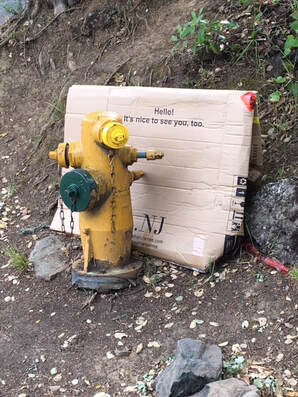
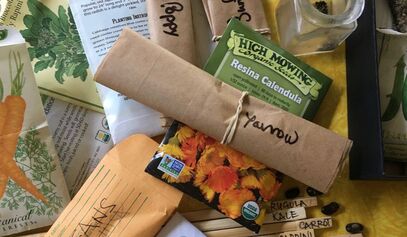
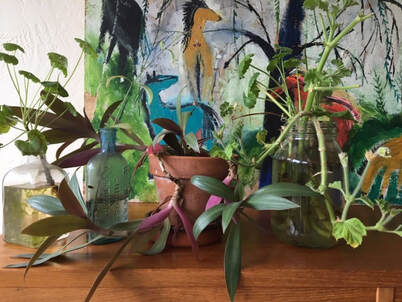
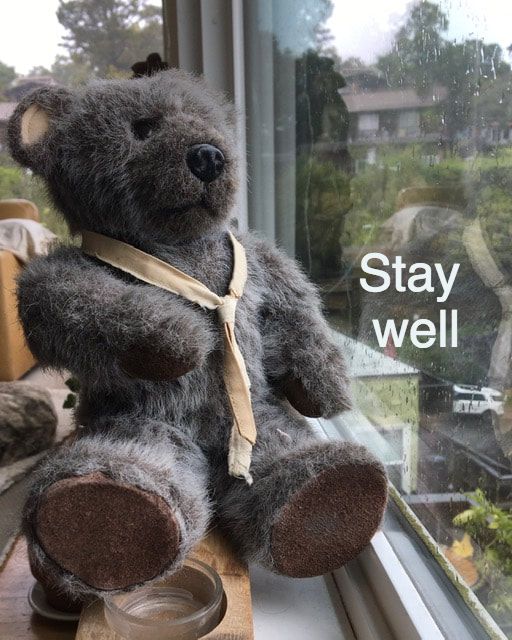
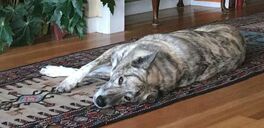
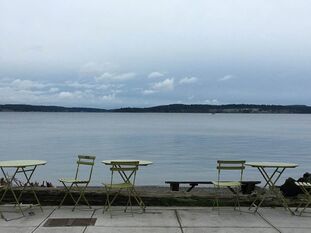
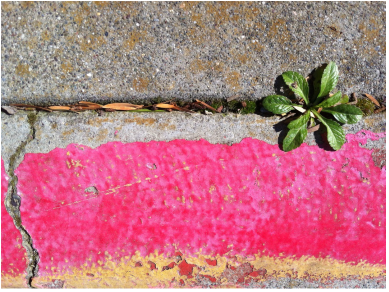
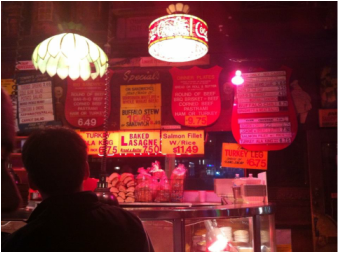
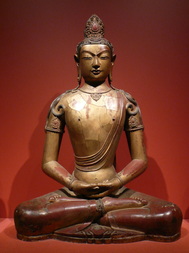
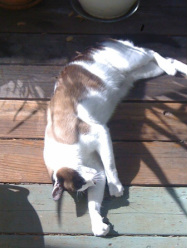
 RSS Feed
RSS Feed